EPIPHANY!
Apartment living in Hong Kong changed our lives.
We (my two young children and I) piled three bright red hard-shell suitcases into the lift of a modern glossy high-rise in Happy Valley, Hong Kong. We squeezed into the bit of space that was left and hit the button that would whisk us to the 28th floor. We were exhausted by the oppressive August humidity, having left a wintry South Africa. We had just made our way to Hong Kong Island by high-speed train where, at the terminal, we waited for nearly an hour in the taxi queue and walked only ten steps to the entrance lobby of our temporary apartment. The automatic doors released a welcoming blast of cold conditioned air into our sweaty faces.

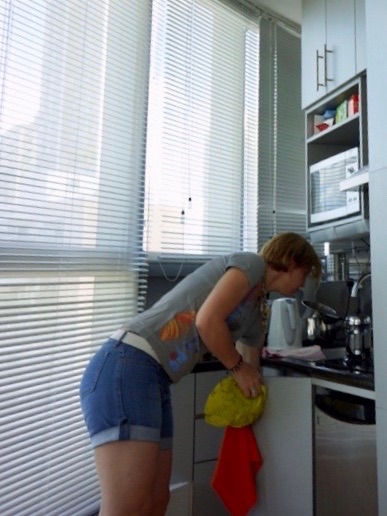
We (my two young children and I) piled three bright red hard-shell suitcases into the lift of a modern glossy high-rise in Happy Valley, Hong Kong. We squeezed into the bit of space that was left and hit the button that would whisk us to the 28th floor. We were exhausted by the oppressive August humidity, having left a wintry South Africa. We had just made our way to Hong Kong Island by high-speed train where, at the terminal, we waited for nearly an hour in the taxi queue and walked only ten steps to the entrance lobby of our temporary apartment. The automatic doors released a welcoming blast of cold conditioned air into our sweaty faces.
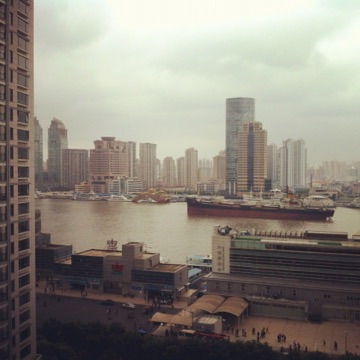
OUR SHANGHAI APARTMENT OVERLOOKING THE HUANGPU RIVER
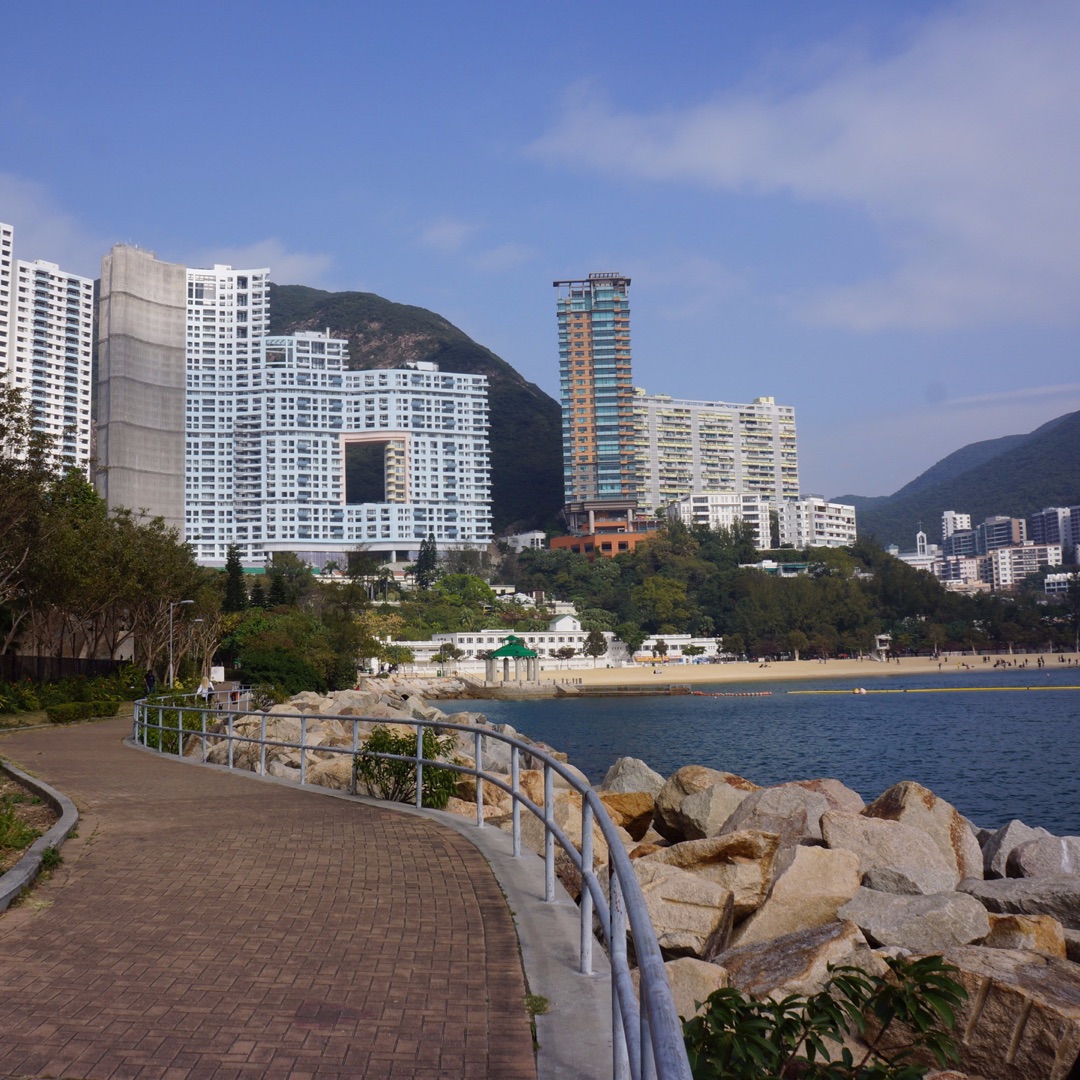
OUR APARTMENT BLOCK ON THE SOUTH SIDE OF HONG KONG
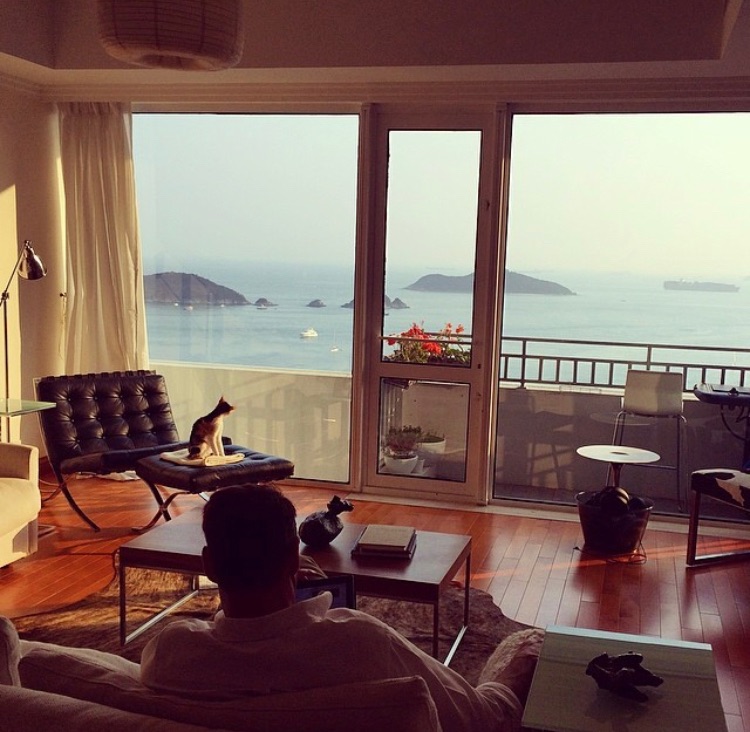
INSIDE OUR HONG KONG APARTMENT
During the five years that we lived in China, our family underwent a revolutionary change that we have come to embrace as our thing. We learnt to love each other more (because we were an island of familiarity in a sea of new); to live with less (because of space constraints); to value experiences (because we learnt that we didn't miss the stuff, but continued to relish adventure, creating memories).
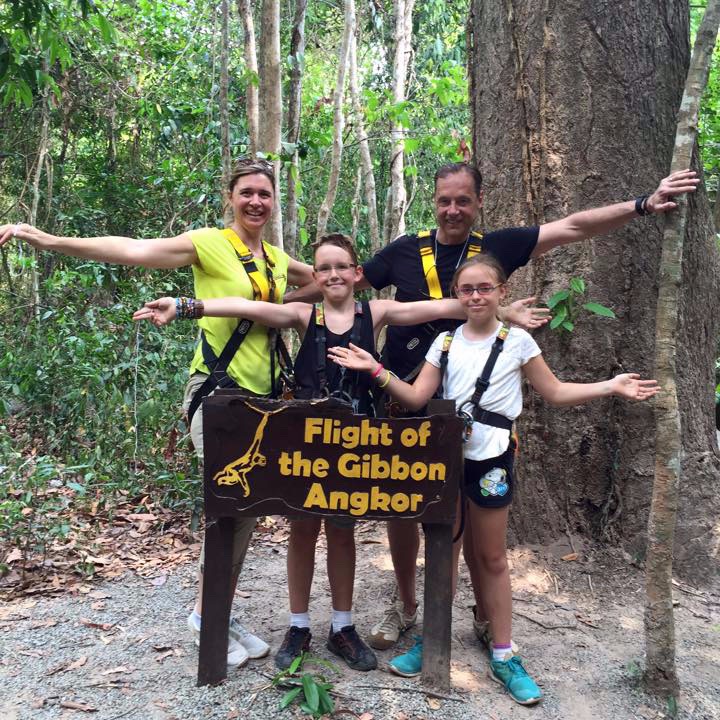
CAMBODIA
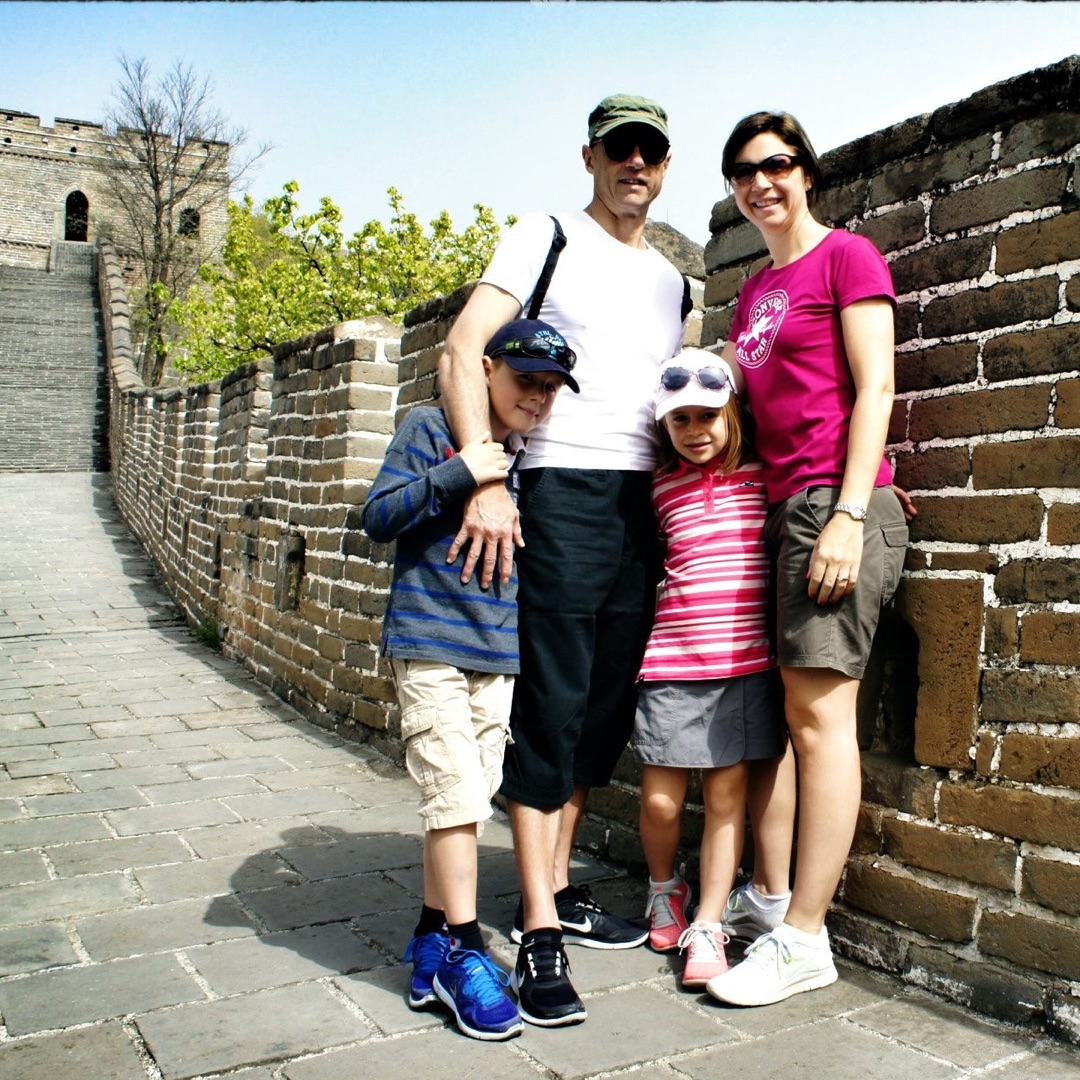
CHINA
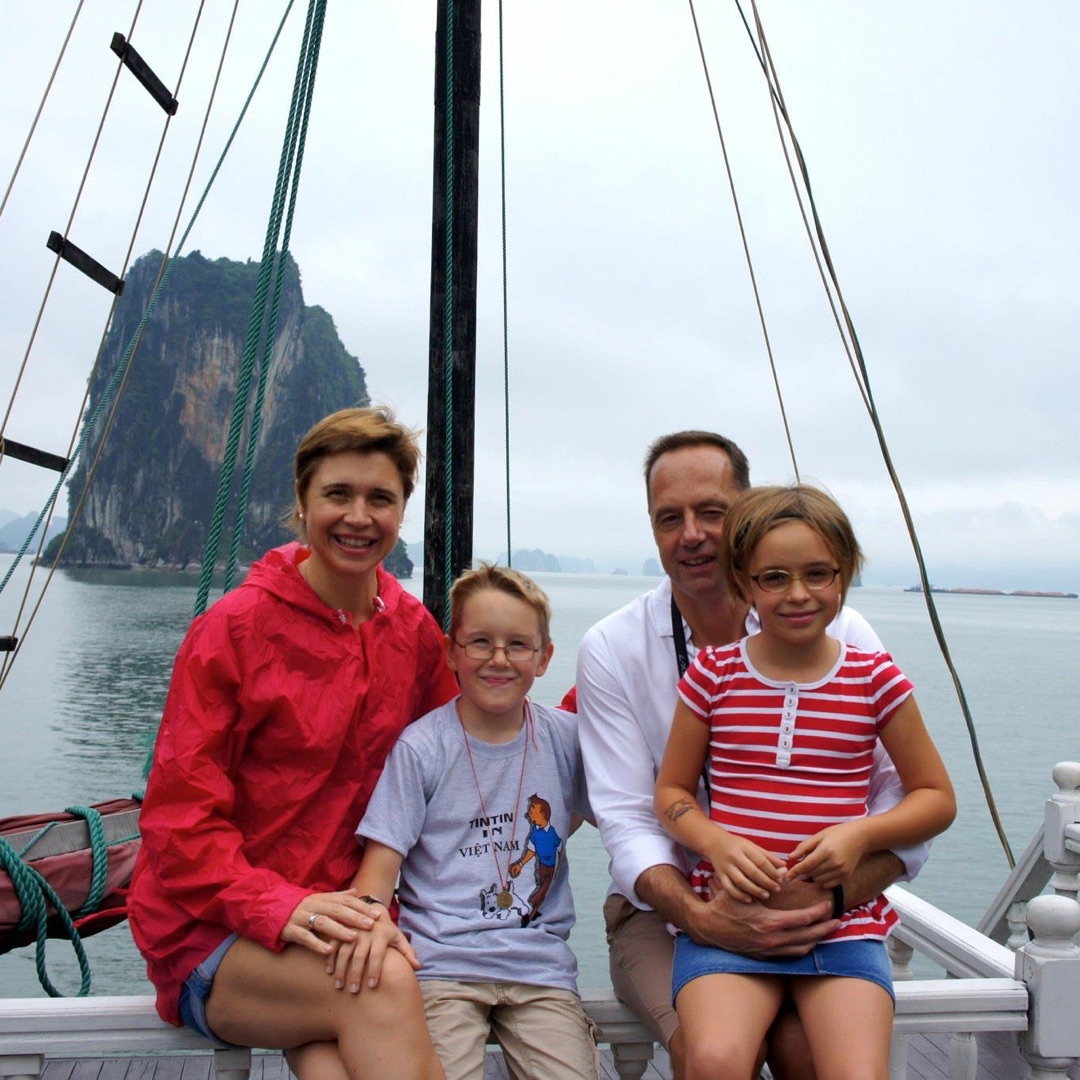
VIETNAM
When we returned to our beloved South Africa, we breathed in the familiar, rekindled our connections, but chose not to expand into or even beyond our old space. So we resisted the pull to move up the proverbial hill (a literal one in our case), to acquire a view with additional space.
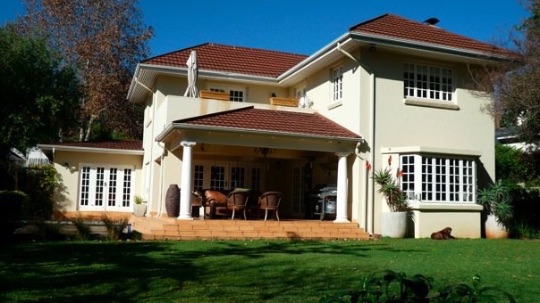
Then a friend's mom got ill, and we moved here from a typically cluttered suburban home to a care facility. The complexity - emotional, practical and family-political - was an eye-opener for the two of us. We also realised that we liked and were good at dealing with these complexities, things that other people disliked and therefore avoided. So, as one does when the stars align, we started a decluttering business out of this experience. The partnership lasted just over a year. When we split, I started anew, expanding the business model and growing the business.
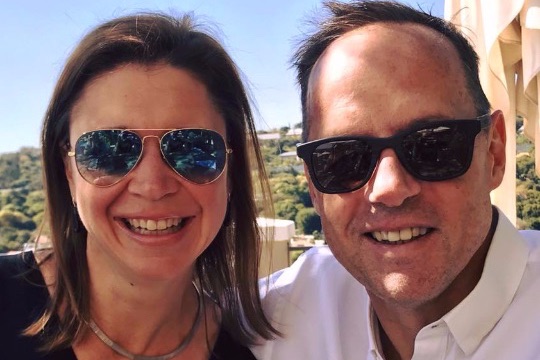
We believe the equilibrium to strive for, is to aim to adopt the definition of ‘necessaries’ (My husband, a lawyer by profession, tells me this is a definition used in divorce proceedings in South Africa and indicates more than bare necessities, but a comfortable fulfilment of needs.) Put differently, accumulate mindfully.
Collections don’t fit under this definition and, collectors, you need simply interrogate your motivations for collecting. Mindful collectors tend to be very precise about their motivations, and both knowledgeable and purposeful in their acquisition and organisational strategies. We contrast hoarding from collecting by stressing that hoarding implies stress and impractical outcomes.
Your excess stuff is also really needed elsewhere, by other people, not just in South Africa, but in most parts of the world.
This isn’t a story about the latest fad. We aim to be timeless with our advice, rooted in meaning and experience.
To contrast: I once read a book and a blog about a sect of the minimalist movement that counts the number of items that people own. (A pair of shoes is two items, by the way.) The particular campaign aims for ownership of the lowest possible amount of things. I don't even know what the record is; the topic leaves me cold.
To be clear, we’re not critical of these movements, people believe passionately about their goals, and they’re entitled to them. I want to contrast our pragmatic mainstream approach, that is based on experience with people like me and you, with this kind of extreme approach.
Your “stuff threshold” is subjective. The standard to determine whether you’ve reached it is simple. What adds value to your life? Keep that. What doesn’t, and won't in the near future? Please get rid of that, giving it to someone who needs it; or sell it and donate the proceeds; or sell it and use the proceeds. In the process of doing this, organise. It is a simple prescription that will fit both your aspirations and the times, and leave you feeling better about yourself every day.
The rest is detail and emotion. That detail and how to deal with the emotion is in here. Enjoy the journey towards a happier you, living a more beautiful life!
the so sorted story, so far
So Sorted evolved from matching a need in the market (to help people downsize, declutter and move) to my personal passion (for living organised) and my ability, without judgment and with a lot of patience, to help others do the same. I combined these ideas with a restless entrepreneurial spirit.
Passion! The adage that everyone should do what they love and then they won't do a day of work in their lives is true, but elusive. Most of us aren't nearly so fortunate. As our children became more self-sufficient, I started spreading my wings, at first running a guest house and making and selling jewellery. These things kept me busy, but they didn't hook me.
With So Sorted, I found that passion. My profession as a town planner and a knowledge management consultant, then a business leader in the same field, combined with my interest in starting small businesses, coalesced when I started So Sorted.
My husband reminded me how lost and useless he felt each time we managed our overseas moves, and how I came alive during those times. In Hong Kong, he was in awe when he came home after a long day at the office to find everything in our new apartment unpacked, organised and working! Of course, this wasn't entirely true, but I managed to put order to the stuff that we needed immediately, and I got to the rest in due course. And then we repeated this process twice more! Each time my husband and children were like deers in headlights, and I was in my element.
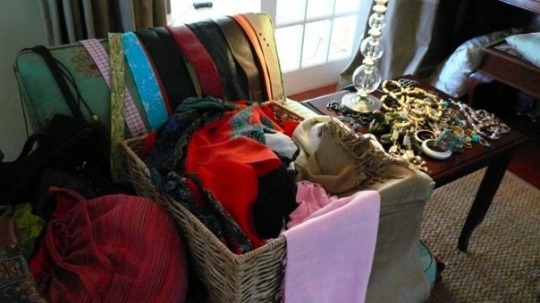
I've always believed the idea that when you find something that you love and that most people hate, you have found your business. So, decluttering and organising became my business.
I have another ambition, though, one which I try to implement with every client that we serve. We teach him or her to live this way. I also write blogs, participate in conferences and workshops that teach these principles and I regularly appear in the media, so I know that the demand for learning these skills is out there. This material takes that to the next level. It allows me both to reach more people, and to give it to our clients to read (or watch) while we work towards achieving their serenity. In these times of COVID-19 lock-down, it also allows us to reach clients virtually.
These principles reflect our experience with over 250 clients (and counting) over some four years. We have experienced every possible scenario that triggered the need for a professional organising firm to step in to save the day. People just like you retire, move, downsize, have emotional break-downs, or become fed-up with their cluttered lives. Our clients are young and old and span the economic spectrum. We also deal with deceased estates.
We step in, hold their hands and perform our magic (we're often called ‘fairies’), always in respectful close partnership. Decluttering and organising isn't something that you can outsource entirely.
Our story has only just begun. We invite you to join us on our journey.
